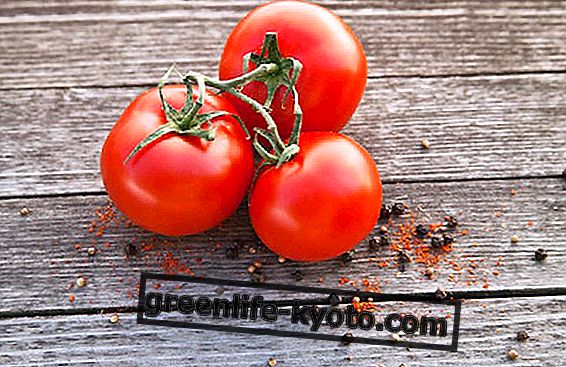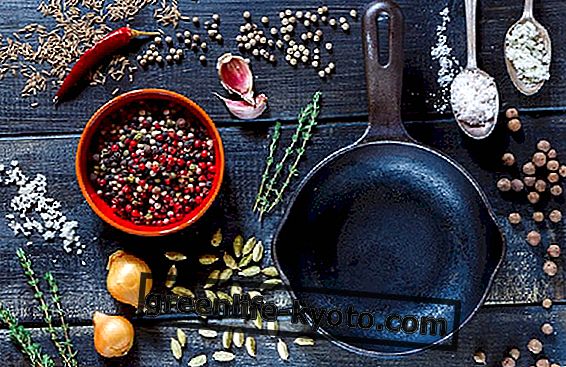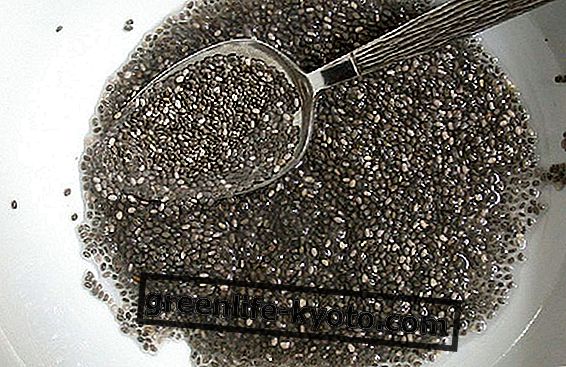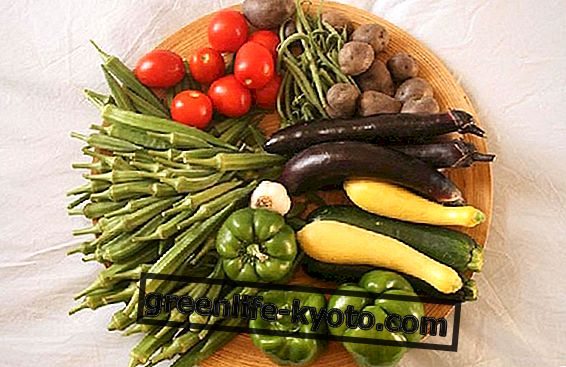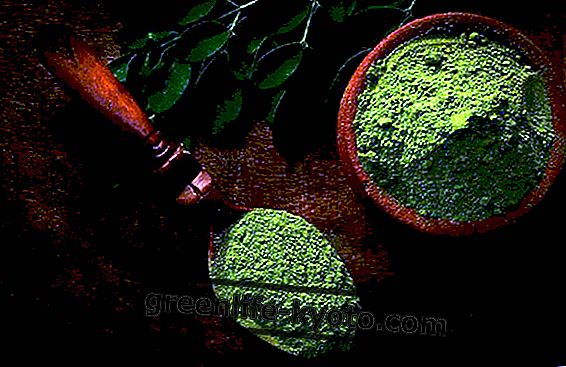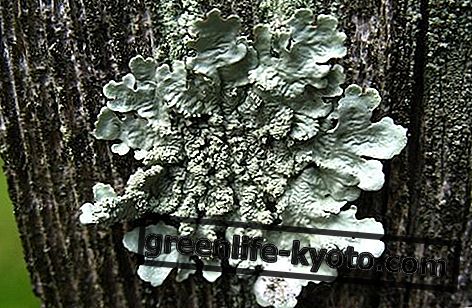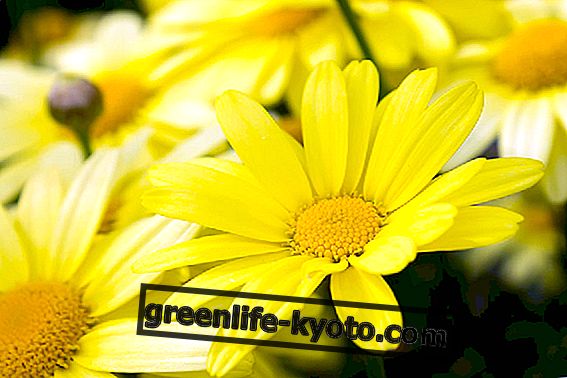
Ginger ( Zingiber officinale Willd. Roscoe ), also known as the English word " Ginger ", is a herbaceous plant native to the Far East, but has been grown in Europe for centuries.
The plant has a characteristic " rhizome " fleshy and branched, these is the part from which the stem is extended in height, and generally runs horizontally just below the ground, it is there that the pharmacologically active complexes accumulate: in " pharmaceutical botany "The part of the plant from which these substances are extracted is called" drug ".
Use of ginger in the kitchen
In the ginger rhizome there are particular substances (especially gingerols and shogaols ) that give it a typical flavor: pungent and aromatic, from which it is used in the kitchen as a spice : both as dried and powdered ginger and in a fresh state to be cut into thin slices ; its use as a spice for seasoning foods is practiced mainly in Eastern cuisine, but for some time now also in the Western one. This peculiarity makes the Ginger very appreciated also in the composition of drinks and liqueurs.
WARNING: do not use ginger as a side dish, but only in small quantities and occasionally, excessive consumption can create troublesome problems (see below).
Use of ginger in herbal medicine
The rhizome powder is used to form the most common forms of intake such as tablets or capsules.
> Anti-nausea
Especially in Kinetosis (or motion sickness), that is, in motion sickness such as seasickness, car sickness, etc .; reduces the sense of nausea with activity similar to Dimenhydrinate (present in the most common anti-nausea drugs) but without bringing its undesirable effects: it does not act at the level of the Central Nervous System but at the level of the stomach, reducing the typical contractions of nausea. The use in nausea in pregnancy is instead controversial: some studies report the possibility of damage to the fetus and the Health Authorities advise against it, if not under medical supervision.
> Digestive difficulties (dyspepsia) and lack of appetite
It is in fact eupeptic and stomachic, that is stimulating the digestive functions: it increases the secretion of saliva, of gastric and biliary juices, stimulates the peristalsis of the stomach and intestine ( prokinetic effect ); this is useful both to stimulate the appetite ( aperitif effect ) and to facilitate digestion.
> Excess of intestinal gas (meteorism)
It limits the formation of gases and especially their stagnation, favoring their expulsion ( carminative effect ).
> Intestinal colic
Reduces painful viscera cramps ( antispasmodic effect ) due to excess gas, or colitis.
Other activities of the Ginger
> Anti-inflammatory
as an inhibitor of the " Arachidonic Acid cascade " it limits the formation of inflammatory mediators, for this reason it is also anti-platelet aggregator ( fluidifies the blood with antithrombotic effect); -
> Stimulating circulation (especially in the periphery)
in fact, a practical use of the Ginger to alleviate the chilblains on the feet is to add it to the water of the footbaths;
> Diaphoretic (stimulates sweating) can therefore be an adjuvant to lower body temperature in case of fever (together with its mild antipyretic activity);
> Antimicrobial very useful at gastro-intestinal level against the proliferation of putrefactive germs that cause meteorism.
Possible adverse effects of excessive use of ginger
Excessive use can cause adverse effects to therapeutic ones with the appearance of diarrhea and excessive flatulence, but above all gastric pain or burning; an overdose can cause arrhythmias.
Contraindications to ginger intake
> Gastritis or gastroduodenal ulcer;
> gallstones (cholelithiasis);
> tendency to bleeding;
> pregnancy and lactation (if not under medical supervision);
> under the age of 18.
Ginger can also increase the activity of drugs such as over-the-counter anti-inflammatories, anticoagulants, antidiabetics, calcium channel blockers used in the treatment of hypertension and cardiovascular diseases.
